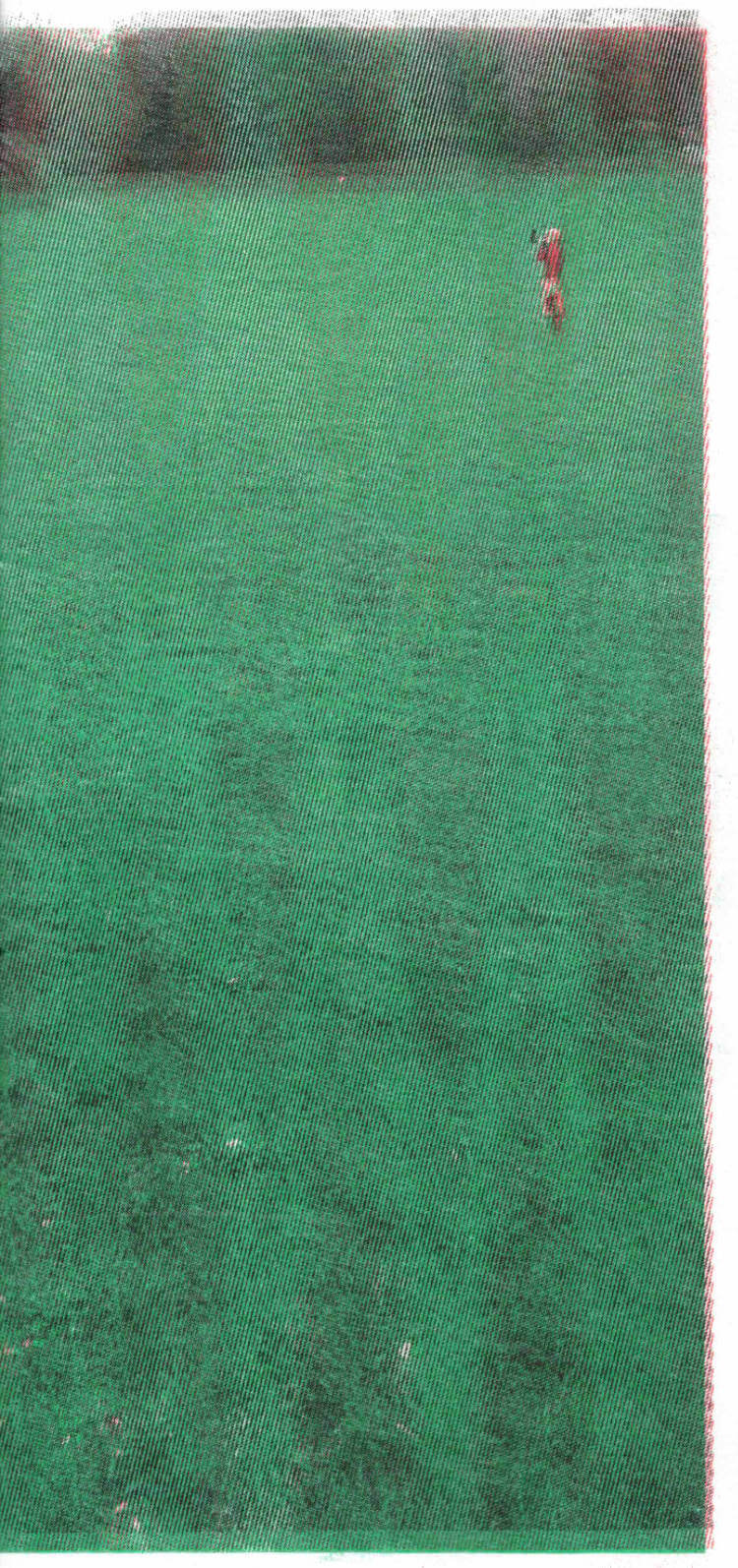
Still Life
Issue 5 looks at ideas of restraint including interviews with HARVEY YOUNG about stillness and the Black body (18); KELINA A. GOTMAN about the myth of choreomania (34); CLAIRE SMITH* about her experience as a prison officer (62); and MAXINE LEEDS CRAIG about why straight, white men don’t dance anymore (76). It also includes a text from HENRI LEFEBVRE on dressage (2); tales from guardsmen about fainting and laughing on parade (29); photographs by EMMA BACKLUND of play wrestling (50); vintage images and contemporary stories of bondage from THE PRIVATE CASE (87); and a poem by HANNE GRASMO about piss play (101). Cover photo by Emma Bäcklund.
Contains sexually explicit material.
Language: English







